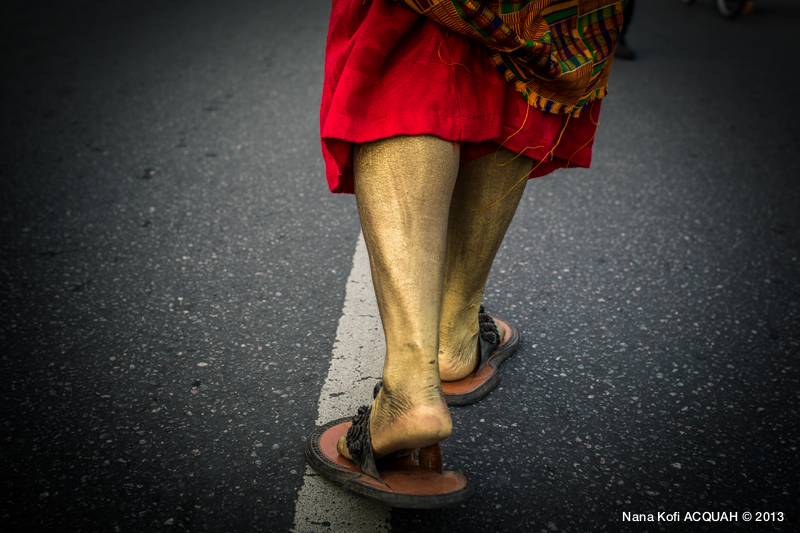Changing Perceptions, One Photo At a Time
Not many words make me cringe but among the ones that do is the word “Orphanage”. Recently in the news, Anas Aremeyaw Anas uncovered a despicable, scandalous mishandling of donations and the abuse of children at the Osu Children’s Home. The nation grunted her displeasure for a couple of days and everything went back to normal again. In the midst of the bad news and decay however, some people are doing brilliantly well with the kids they take care of, and today, I would want to make special mention of Kinder Paradise and SOS.
I once in a while get the opportunity to make photographs for Kinder Paradise’s calendar. This year, I took my kids along and they had a blast. The girl in the photograph is my daughter. The dress she is wearing is not hers. She soiled hers at lunch and one of her new found friends in the orphanage offered her a dress to wear in the mean time. My kids didn’t want to leave. There was too much fun to be had. Now, they keep bugging me about when we can go there again.
The reason I posted this image is because “poverty porn” has been on my mind a lot lately. Poverty porn is when you see those disturbing images of dying, malnourished, kwashiorkor-bearing, mostly African children clothed in flies. I hate those images. Fortunately, a lot of NGOs who come my way nowadays, will always send a brief saying “We want positive images”. And I agree with them. Even the most gorgeous beauty can be photographed in a way that is not flattering. In other words, everybody can be made to look bad, if a photographer wants to… and if we really want to we can see the beauty in people, no matter their circumstances.
I strongly believe that even though Africa is busily rising out of the ashes, to the majority of the world; it will remain for a long while, the land of starving children, bare-breasted scarified women, AK47 wielding rebels and greedy big-stomach-small-brain politicians. It takes a long time to change a bad image… but we can do it, one photograph at a time.
Have a great week.



Comments
I went SOS boarding school and consider myself blessed to live in a community whose demographic was an eclectic mix of SOS children from SOS Homes in Ghana and in other African countries and the so-called "dadabas" from "well-to-do" homes. Whilst your article perhaps has nothing to do with what I write here, your title gripped me when you say "changing perceptions" because I recognize that sometimes we too, as a country or a people, have "internal" misconceptions that do more damage than external conceptions others have of us.
Here's where my experience as an SOS student sets in. Many Ghanaians call SOS a "dadaba" boarding school but I challenge that "perception" as people failing to recognize that there are many stories of kids, who would have otherwise fit their stereotypes of "orphans in orphanages" except this time their stories are different. This does not make the story any less remarkable. In the same way, the "other kids from good homes" may not necessarily fit the "dadaba" stereotype. In fact, the credit you give SOS is warranted because, SOS chooses to recognize all its dependents not as "orphans" or "dadabas" but as "SOS children".
My point is that, when we remove the sterotypes, when we remove the categories we ascribe to people, especially the youth, "dadabees" or "orphans", perhaps we give people a liberty to just be "people", and can make stronger judgements based on content of character/potential. It is almost like a racial discrimination of sorts if you ask me, thus it is important we pay attention to the perceptions we ourselves ascribe to members of our own community.
Your daughter in "their" clothes wearing a bright smile is symbolic. Had you not told the story of whose dress she was wearing, we perhaps will never have guessed right. Moreover, it is her smile and wide open arms that touch me most, not the clothes. Fundamentally, humanely, we are one and the same if we can see past all these categories(clothes) and embrace character(the smile). SOS taught me that and I hope our internal perceptions of people does change - one person at a time. :)
Great post!